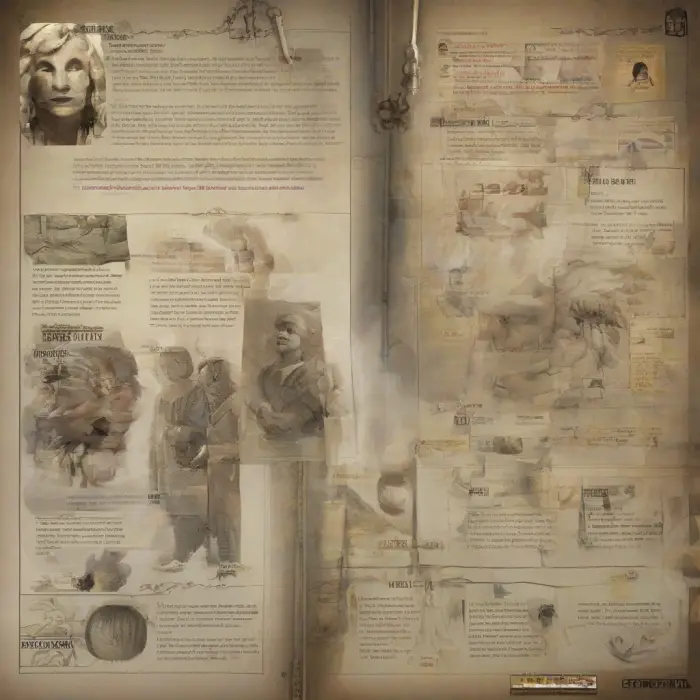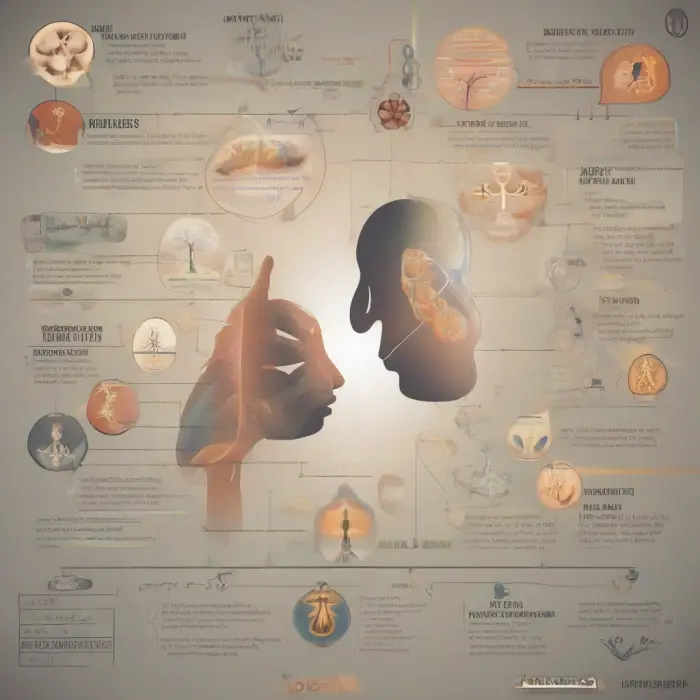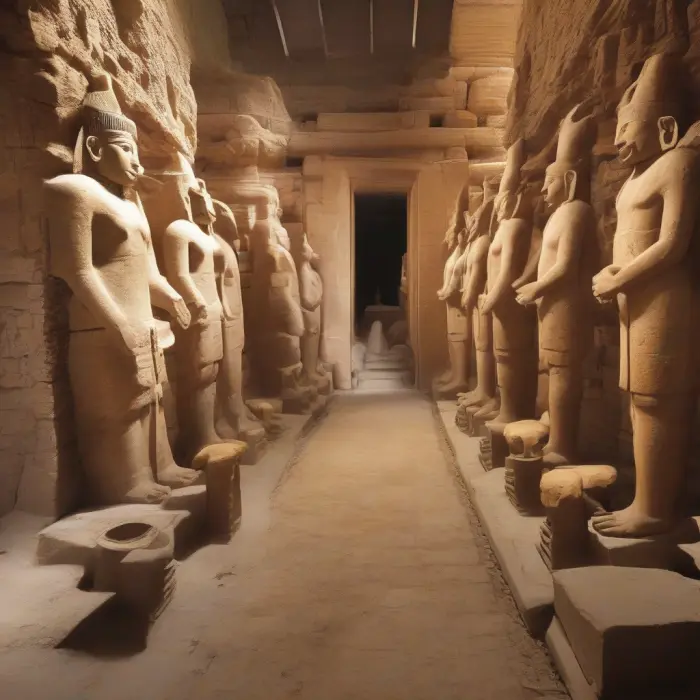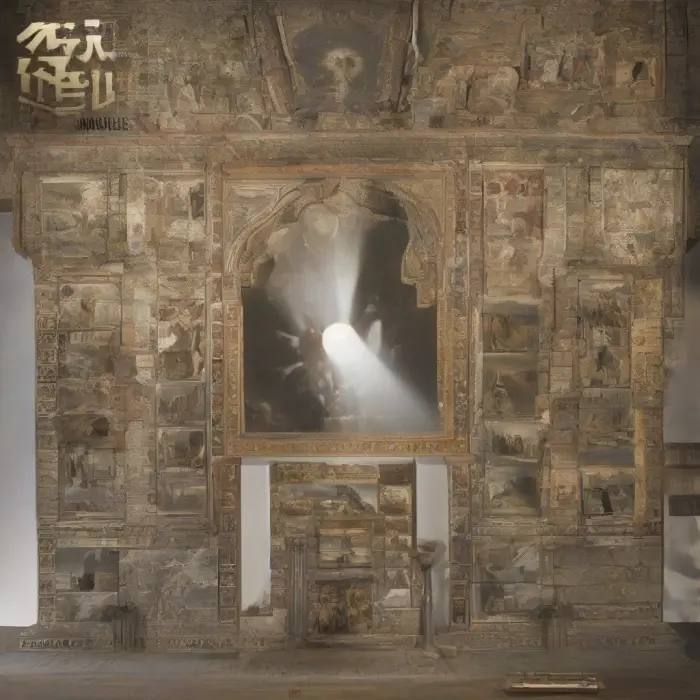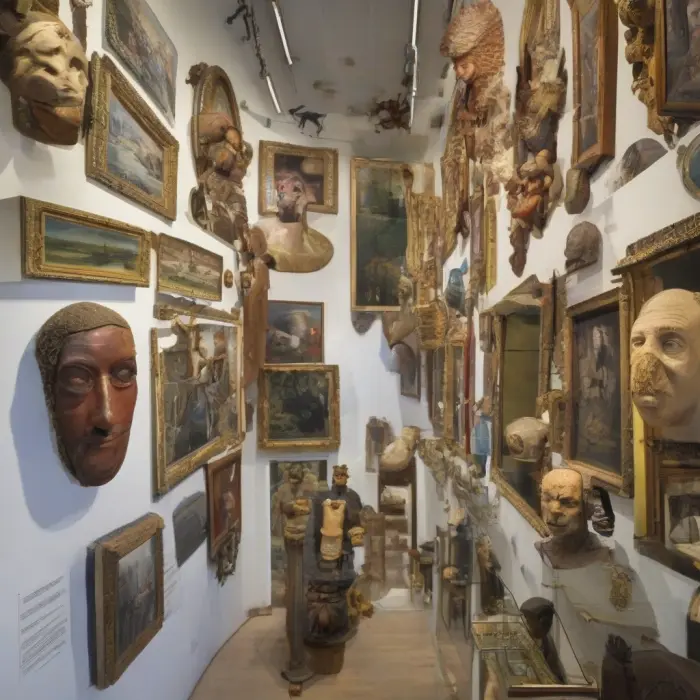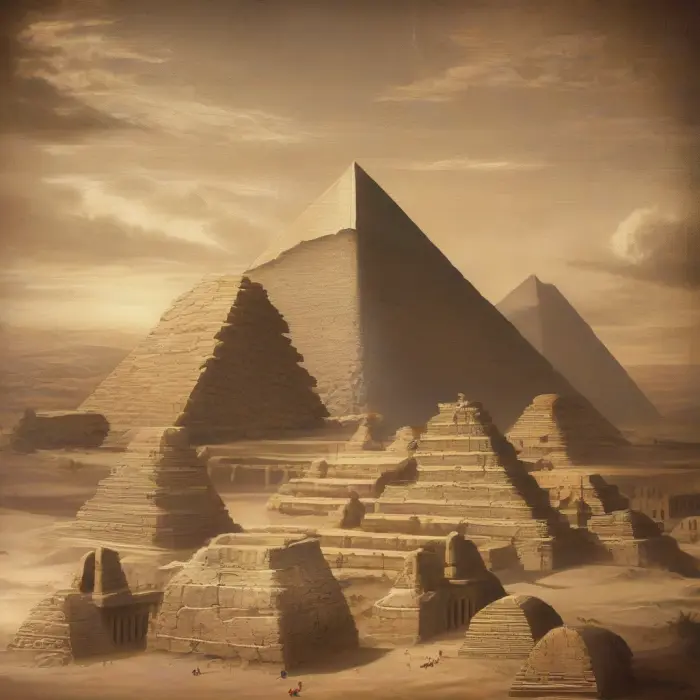Lost Civilizations: Mysterious Disappearances of Ancient Cultures
Throughout centuries, mankind has been leaving indelible signs of its existence across the corners of the globe. These marks exist in diverse forms, such as structures, cave paintings, artifacts, and written scripts, revealing the cultures, values, struggles, and triumphs of these pioneering societies. However, not all such societal signatures have survived the test of time; many have vanished inexplicably, enshrining themselves in the annals of history as lost civilizations. These disappearances are shrouded in mystery that have long baffled historians, archaeologists, and curious onlookers alike.
Indus Valley Civilization
One of the most fascinating examples of lost civilizations is found in the Indus Valley. Flourishing between 2500 - 1700 BCE on the Indian subcontinent, this civilization was remarkably advanced for its time, with an array of urban planning techniques, standardized bricks, advanced drainage systems, and flourishing trade. However, its sudden disappearance remains a mystery. Some researchers conjecture climate change, others invasions or internal conflicts, yet conclusive evidence remains elusive.
The Mayan Civilization
The Mayans, considered one of the Americas' classic civilizations, left behind an abundant legacy of architectural marvels, complex astronomical systems and a sophisticated writing system. Yet, their culture mysteriously declined around the 8th and 9th centuries CE. Theories abound – including an uncontrollable population explosion, excessive warfare, climatic changes, and even a revolt against the ruling class – but a definitive reason for the collapse continues to elude experts.
The Anasazi
The Anasazi, or Ancestral Puebloans, occupied the Four Corners region of the United States, excelling in agriculture, pottery, and architecture. Their large, complex structures called "cliff dwellings" hint at an organized and determined society. However, around the end of the 13th century, they inexplicably abandoned their homes. Drought, invasion, societal upheaval, or a combination of these have been suggested as possible factors, but the truth still remains hidden.
The Lost Colony of Roanoke
The story of the Lost Colony of Roanoke is one of the most enduring mysteries in American history. Established in 1585 on Roanoke Island in what is now North Carolina, the English settlers disappeared without a trace by 1590. Every individual was gone, with only the cryptic word "CROATOAN" etched into a post. Despite countless investigations and speculations, the fate of the settlers remains unknown.
These lost civilizations stand as compelling reminders of human fragility against the vicissitudes of time and change. They are enigmatic, perplexing, and transcendent, drawing us into their web of mystery as we continue to explore and unearth their secrets.
Conclusion
The unfathomable mystery surrounding these disappeared civilizations has a magnetism that continues to captivate the human psyche, spurring ongoing excavations and research in the quest for answers. Like pieces of a grand cosmic puzzle, every new discovery brings us one step closer to understanding our human ancestry, helping us piece together our collective narrative as custodians of this shared planet.




